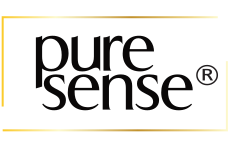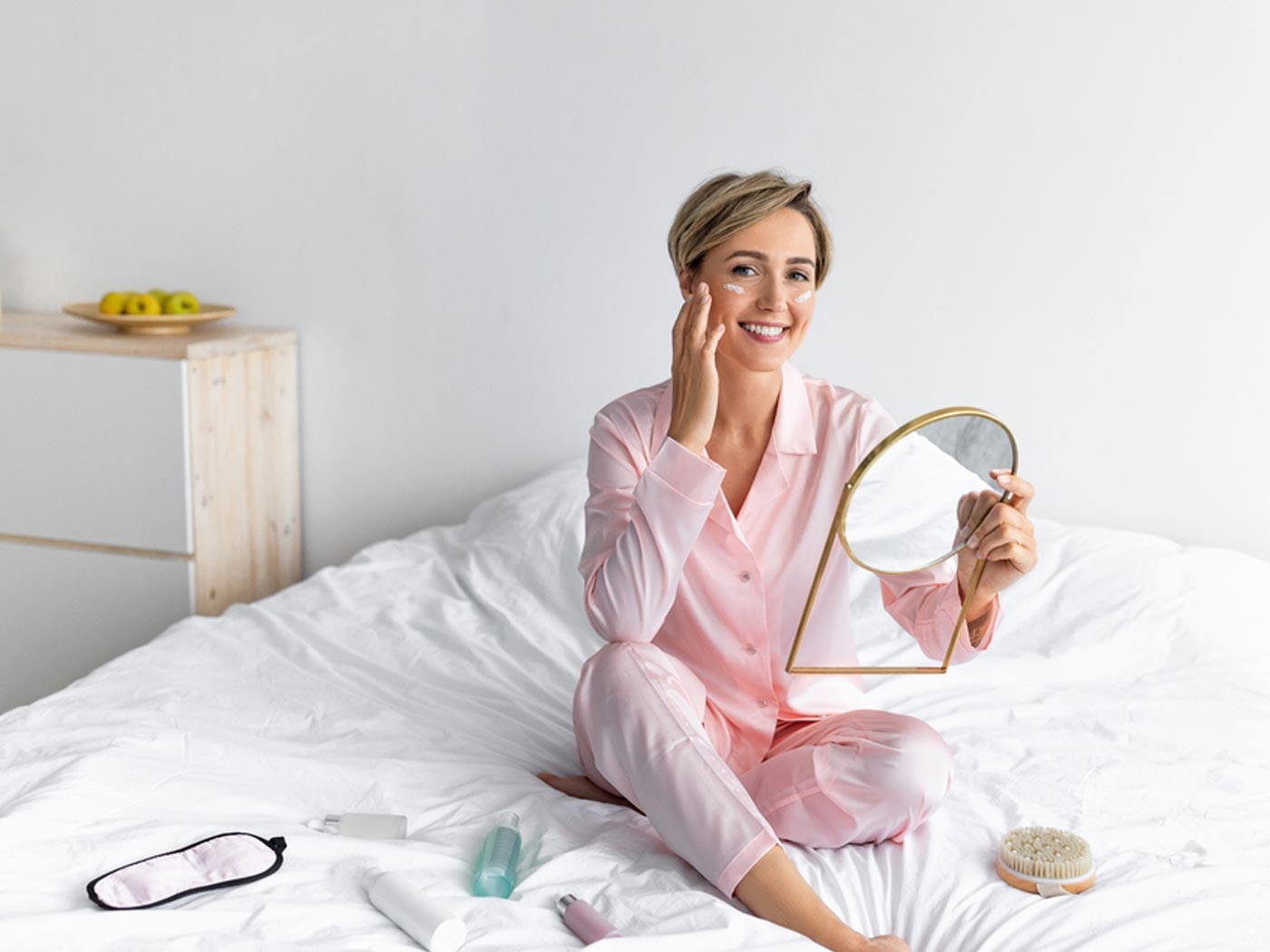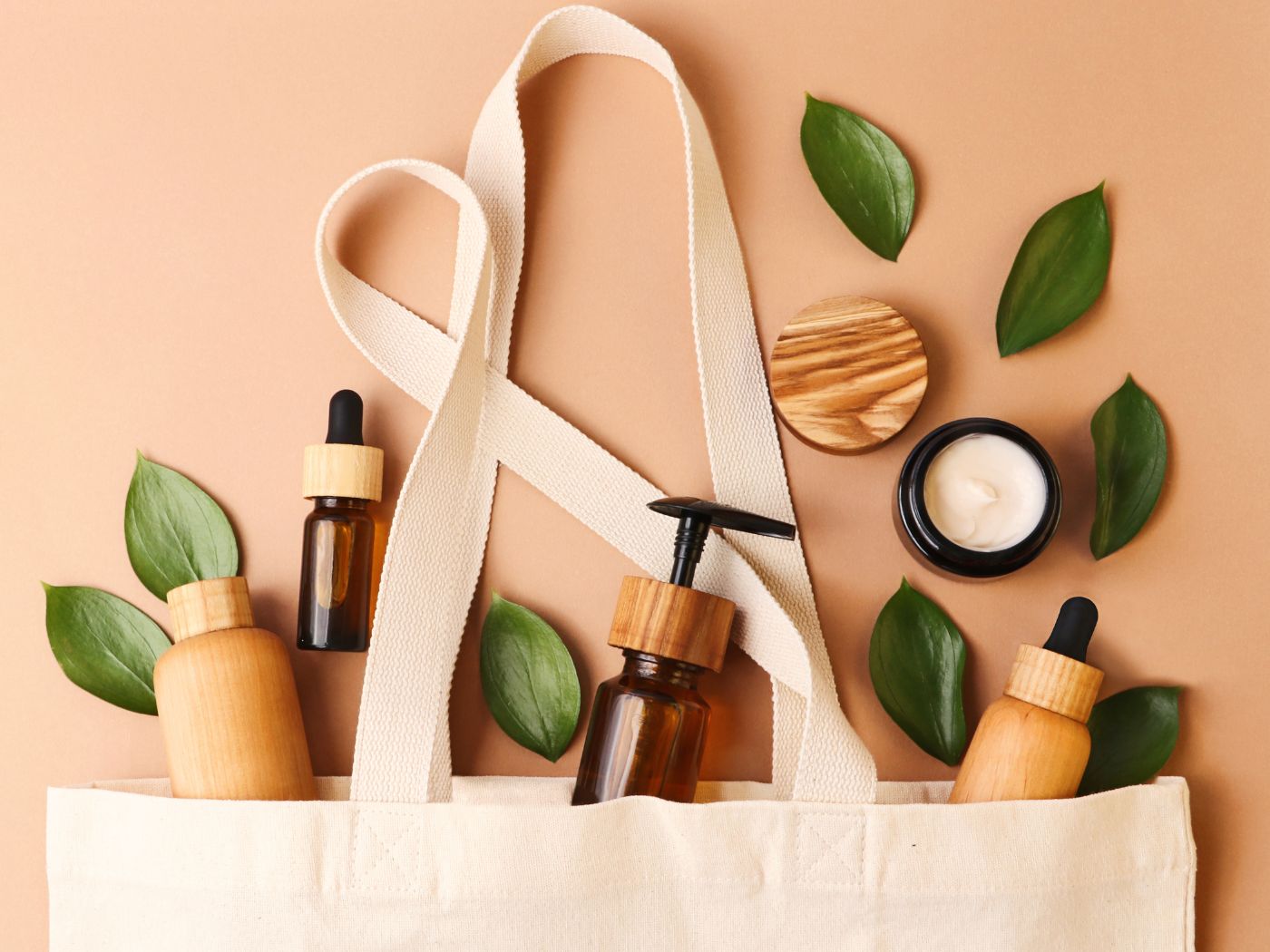
While washing your hair, you may have noticed your shampoo turning into foam as soon as you massage it on the scalp. Ever wondered why that happens? The credit goes to the presence of chemical agents called Sodium Laureth Sulphate (SLES) and Sodium Lauryl Sulphate (SLS). These are the cleaning agents that help shampoos create that frothy white mass of bubbles when mixed with water. You will find these chemical agents in most bath and body care products. So how does the presence of sulphates in hair products affect your tresses? It’s said that high concentrations of sulphates can damage your hair as they strip away natural oils and hair proteins. However, if you use sulphates in lower concentrations, then they won't do much harm. Here is some more information on sulphates in shampoo.
-
What is Sodium Laureth Sulphate for Hair?
-
Different Sulphates Present in Shampoo
-
Are Sulphates Bad for Hair?
-
Who Should Not Go for Sulphate Shampoos?
-
Try Sulphate-Free Shampoos for Healthy Hair
-
Frequently Asked Questions (FAQs)
What is Sodium Laureth Sulphate for Hair?
Sodium Laureth Sulphate (SLES) is a chemical agent used in bath and body care products that help clean your hair and scalp. Sodium Lauryl Sulphate (SLS) is a stronger surfactant that is used in many personal care products and is a very effective foaming agent. Even though SLES is a gentler version in comparison to SLS, many people prefer to be on the safer side and not use it at all. SLES helps the product create foam when it comes in contact with water and is massaged on the hair and scalp. One of the major risks of using products containing SLES is that it can lead to eyes, mouth, lungs and skin irritation.
Different Sulphates Present in Shampoo
Sulphates can be easily identified as they're some of the initial ingredients listed on the bottles of hair and skincare products. Here are some of the most common sulphates present in shampoos:
- Sodium Lauryl Sulphate Sodium
- Lauryl Sulfoacetate Sodium
- Sodium Lauroyl Taurate
- Laureth Sulphate Sodium
- Lauroyl Isethionate
Are Sulphates Bad for Hair?
Sulphates, both sodium lauryl sulphate (SLS) and sodium laureth sulphate (SLES), are considered effective when it comes to removing dirt and oil from your hair. But some people can have adverse reactions to them.
Here are some reasons to explain it better:
- If sulphates don't suit your sensitive skin or hair, it may lead to allergies and reactions.
- Sulphates have the ability to strip away excess moisture and leave your hair unhealthy.
- They also tend to make your scalp dry and cause irritation.
- If you keep using shampoos that contain sulphate and overlook how it's affecting your hair and skin, you may end up risking your health.
So, if you've been wondering what sulphate does to your hair or why sulphate is bad for hair, these reasons should answer these queries. You can use sodium laureth sulphate or sodium lauryl sulphate for hair only if you can limit its use to a minimal amount.

Who Should Not Go for Sulphate Shampoos?
For people who have greasy hair or dandruff, sulphates are effective as they clean the hair successfully. However, not everyone’s hair and skin can tolerate these chemical agents.
- People with sensitive hair or scalp should avoid using sulphate in shampoo.
- If you are at risk of or have skin conditions like eczema, rosacea, contact dermatitis or psoriasis, using sodium laureth sulphate for hair will only cause irritation, redness, cracking in the scalp, etc.
- If you have coloured hair or tend to get regular straightening or curling treatments, using sulphate-free shampoos will benefit you more than sulphate shampoos that will only strip the colour from your dyed hair.
-
People with dry or frizzy hair should also avoid sodium laureth sulfate for hair as it will only elevate the dryness and frizziness of hair. Try looking for sulphate-free products as they're gentler on your hair and skin and do no harm. One such product combination is Macadamia Deep Nourish Hair Care Combo. This sulphate-free shampoo and conditioner deeply nourishes your hair. As both of these products are macadamia-infused, they're loaded with vitamins and minerals that leave your hair soft and shiny. You can also try using Grapefruit Revitalising Hair Care Combo for the same reason. Both of these products that are made with organic ingredients, cleanse the impurities from your hair and leave it smoother and shinier.

Try Sulphate-Free Shampoos for Healthy Hair
Whether you’re struggling with any of the above-mentioned concerns or just being extra careful about your hair and skin, opting for sulphate-free products is always a better idea. Before buying any product, go through the ingredient list to check if they contain SLS or SLES. If you’re planning to switch to natural alternatives, solid and oil-based soaps and shampoos with natural ingredients would be a good choice. Sulphate-free shampoos have minimum to no foam and they don't create much lather too, both of which aren't necessary to clean your hair.
Conclusion
Sodium laureth sulphate for hair is still a better choice than sodium lauryl sulphate. But if you don't wish to try your luck and prefer investing in sulphate-free products instead, there's no stopping. At the end of the day, you have to take good care of your hair and skin and no product with sulphates should be considered if they end up working poorly for you.
Frequently Asked Questions (FAQs)
-
Does sulphate-free shampoos cause hair loss?
Generally, sulphate-free shampoos don't cause hair loss. In fact, they're gentler to your hair and skin than the ones that contain sulphates. Sulphate-free shampoos will neither dry your hair nor wash away your hair dye. They also don't cause any kind of irritation, making it a safer option to use and so, people with dry and frizzy hair should very much consider using sulphate-free shampoos and conditioners. They maintain the natural oils on your scalp and keep the moisture intact. One of the best advantages of sulphate-free shampoos is that it doesn't lather too much, thus making it great for people with dry or curly hair.
-
Which shampoos are sulphate and paraben-free?
Some of the best sulphate and paraben-free shampoos are:
Pure Sense Rejuvenating Grapefruit Revitalising Hair Cleanser
Pure Sense Relaxing Macadamia Deep Nourishing Hair Cleanser

Both of these hair cleansers are formulated with exotic ingredients like vitamin C-rich grapefruit and Australian macadamia nut oil. These organic shampoos are sulphate, paraben and carcinogen-free along with being cruelty-free and earth-friendly. -
Which is worse: sodium lauryl sulphate or sodium laureth sulphate?
Sodium Lauryl Sulphate (SLS) is popularly known for irritating the skin when left on for too long. It can even result in cracked and dry skin. Sodium Laureth Sulphate (SLES), on the other hand, doesn't strip away excess moisture. In fact, it leaves your hair feeling smooth and nourished. Basically, SLS is the parent chemical that is further modified to make SLES, making the latter much gentler for use.








